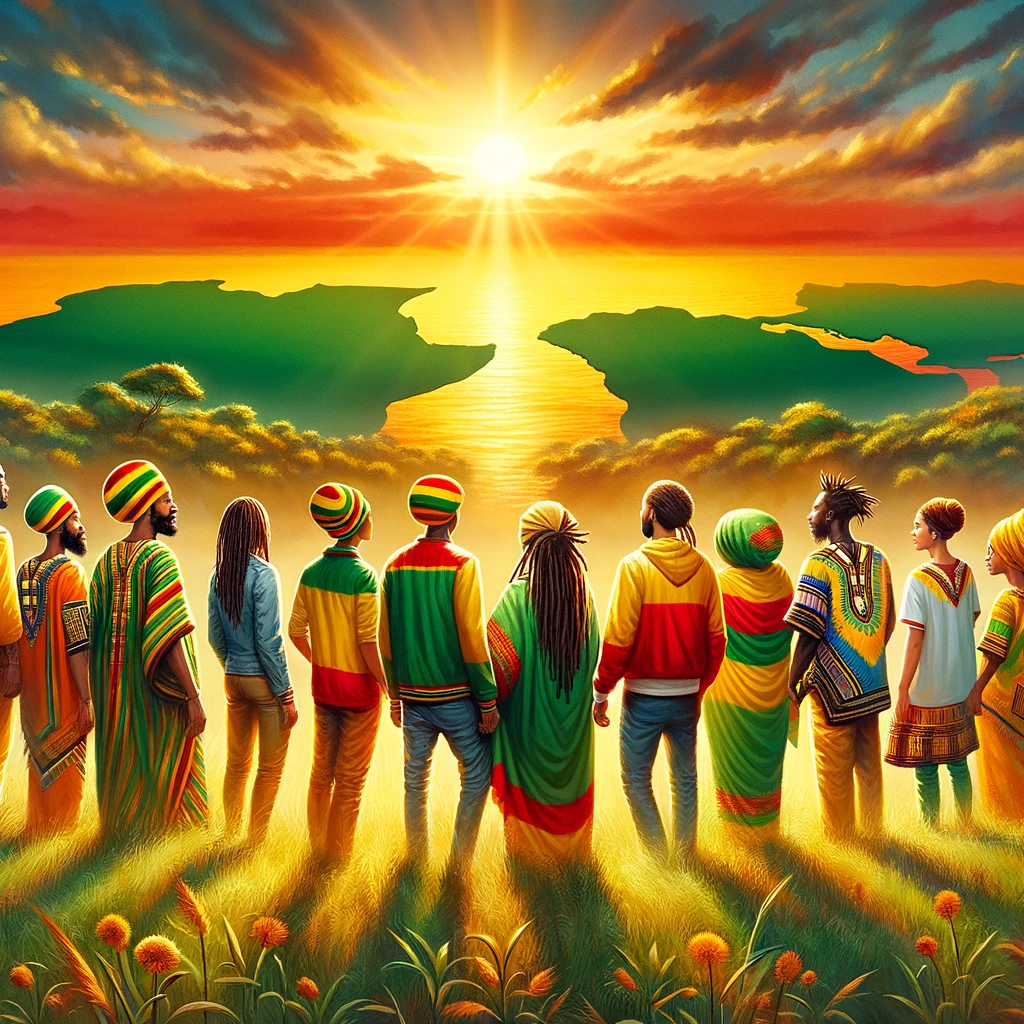Repatriation, or the return to one’s homeland, is a central theme in Rastafari culture, symbolizing not just a physical journey but a spiritual awakening and return to African roots.
1. Historical and Spiritual Foundations
The concept of repatriation is deeply rooted in the history of the African diaspora and the transatlantic slave trade. For Rastas, repatriation is seen as a fulfillment of biblical prophecy—a return to Africa, the ancestral homeland, viewed as a paradise on Earth and the seat of Rastafari spirituality. This belief is inspired by Marcus Garvey’s teachings on black empowerment and his vision of Africans returning to their homeland.
2. Ethiopia as the Promised Land
Many Rastafarians view Ethiopia as the Promised Land, especially the city of Shashamane, land that was granted by Emperor Haile Selassie for Africans in the diaspora to return. This physical space represents a beacon of hope and a tangible connection to African heritage. For Rastas, moving to Ethiopia is both a spiritual journey and a homecoming, an act of liberation from the oppressive structures experienced in the West.
3. Challenges and Realities
While the ideal of repatriation is powerful, the practical realities are complex. Political, economic, and social barriers can make moving to Africa a daunting task. Furthermore, the idealized vision of Africa can sometimes contrast with the on-ground realities, leading to a nuanced understanding of identity and belonging among Rastafarians.
4. Cultural and Global Impact
The emphasis on repatriation has had a significant cultural impact, influencing music, literature, and the arts within Rastafari communities and beyond. It has also spurred dialogue on issues of race, identity, and global displacement, resonating with many across the world who dream of returning to their roots.
Closing Thoughts
Repatriation is more than just a physical return; it’s a spiritual journey that lies at the heart of Rastafari culture. It challenges individuals to rethink their roots and what it means to truly “come home.” In this journey, Rastafarians continue to navigate the delicate balance between the ideal and the real, between ancestral connections and contemporary lives.

